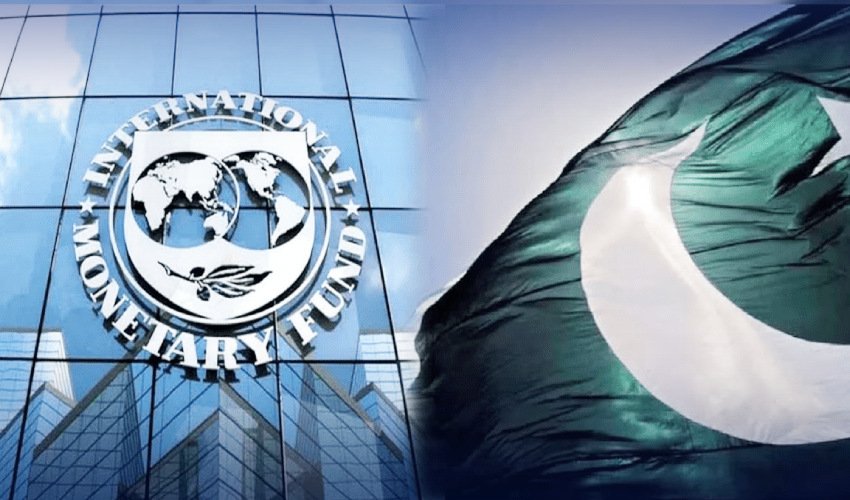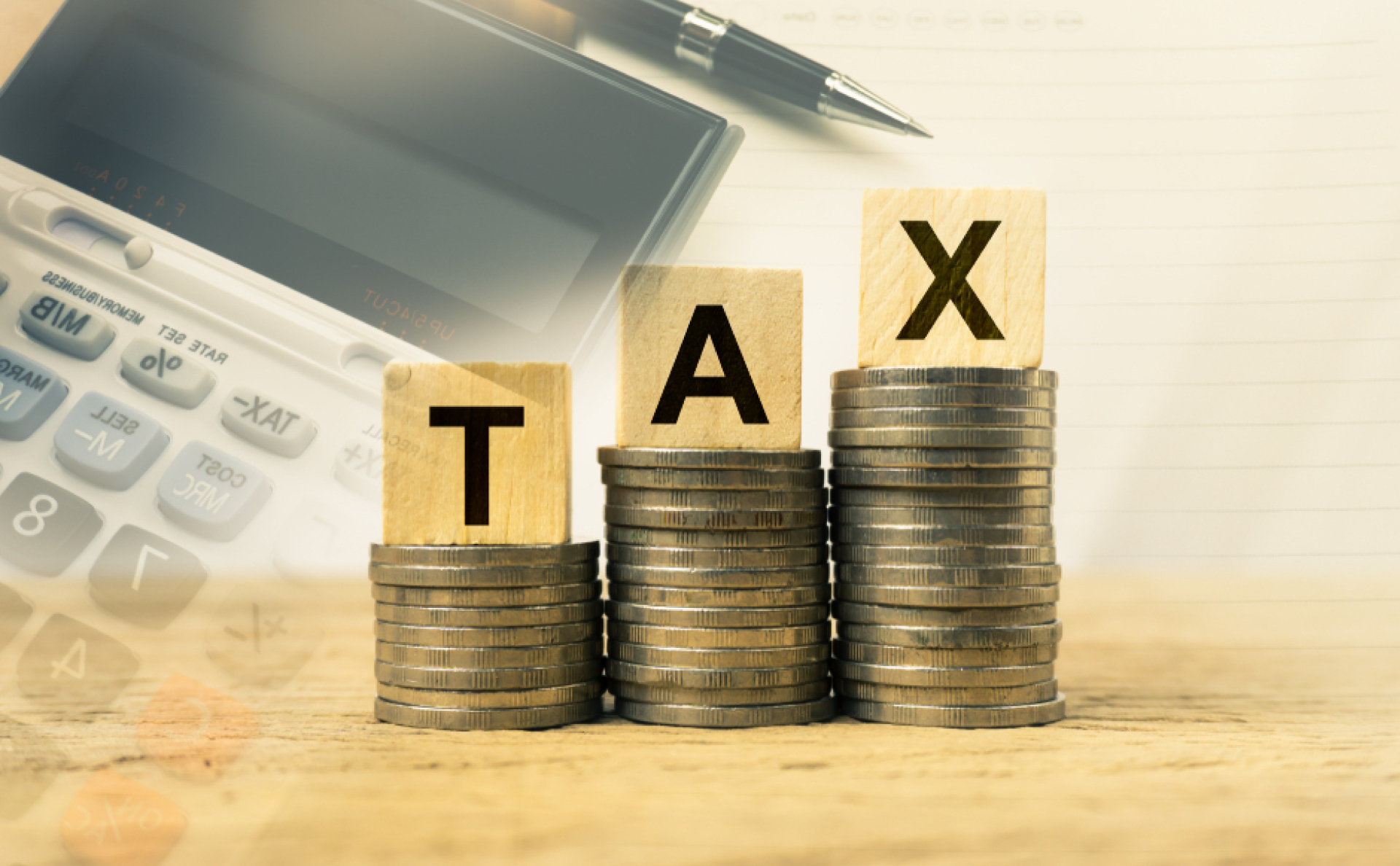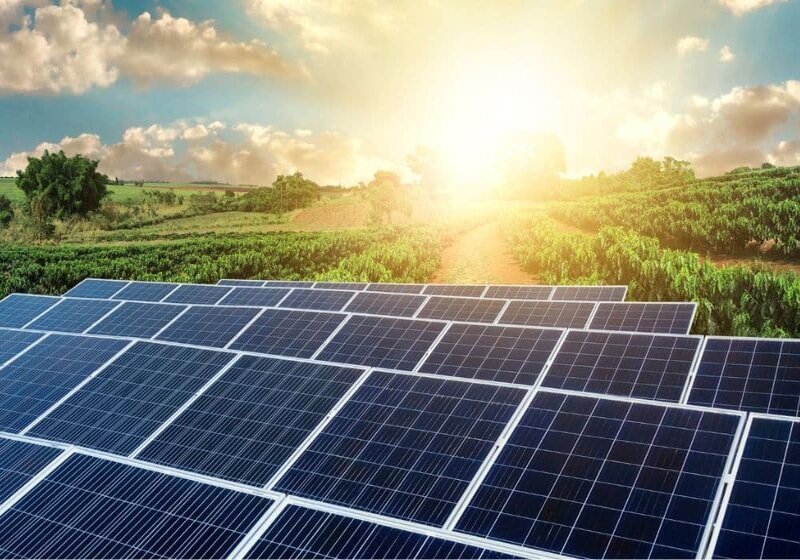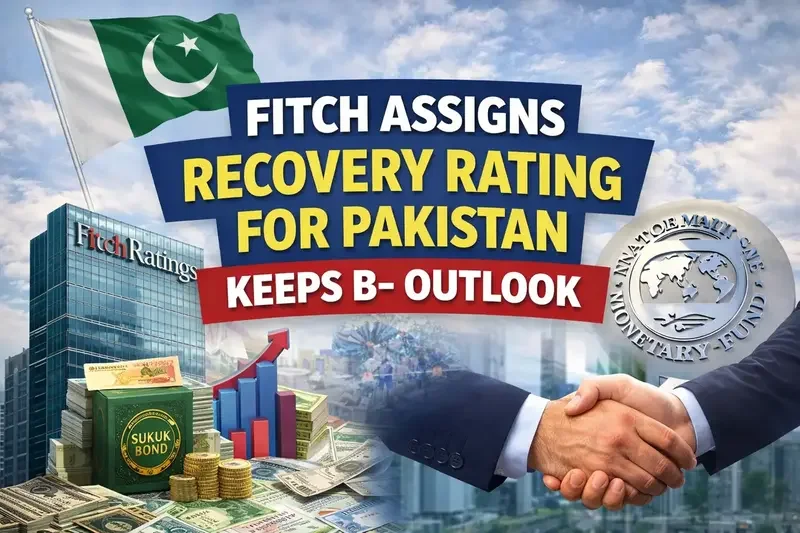The International Monetary Fund (IMF) has upgraded its economic growth forecast for Pakistan and the Middle East and North Africa (MENA) region, projecting Pakistan’s growth at 3.2% in 2025, up from 2.1% in 2024, surpassing earlier estimates from April. This positive revision is driven by favorable global trends benefiting both oil exporters and importers. According to Jihad Azour, Director of the IMF’s Middle East and Central Asia Department, oil exporters have benefited from increased production as OPEC+ eases cuts, while Pakistan and other oil-importing countries are supported by low energy prices, strong remittances, and a growing tourism sector. The IMF expects growth to further rise to 3.7% in 2026, with inflation remaining moderate thanks to lower food and energy costs and tight monetary policies.
The IMF’s latest Regional Economic Outlook Report highlights that Pakistan’s growth momentum is expected to strengthen over the next five years, with GDP projected to reach 4.5%. Continued progress in economic reforms has contributed to improved financial stability, while remittances and the current account have shown positive trends in the 2024–25 fiscal year. Inflation eased earlier in the year due to declining food and energy prices, though it may increase again in 2025–26 as energy subsidies are phased out and electricity tariffs return to normal levels.
Structural reforms in energy and taxation have helped stabilize government revenue and boost investor confidence, with ongoing efforts likely to enhance growth and resilience further. The IMF also cautions that severe floods anticipated in late 2025 could negatively affect growth, inflation, and the current account, though the extent of the impact is still uncertain. Regional tensions remain a potential drag on growth across the Middle East and Central Asia, including Pakistan. Despite these challenges, Pakistan’s economy demonstrates steady recovery and resilience.
The IMF acknowledges Pakistan’s status as an emerging market and middle-income economy, reflecting gradual improvements in macroeconomic fundamentals. With consistent implementation of reforms, particularly in energy pricing and fiscal management, Pakistan’s economic outlook remains positive, with medium-term growth expected to accelerate.




































